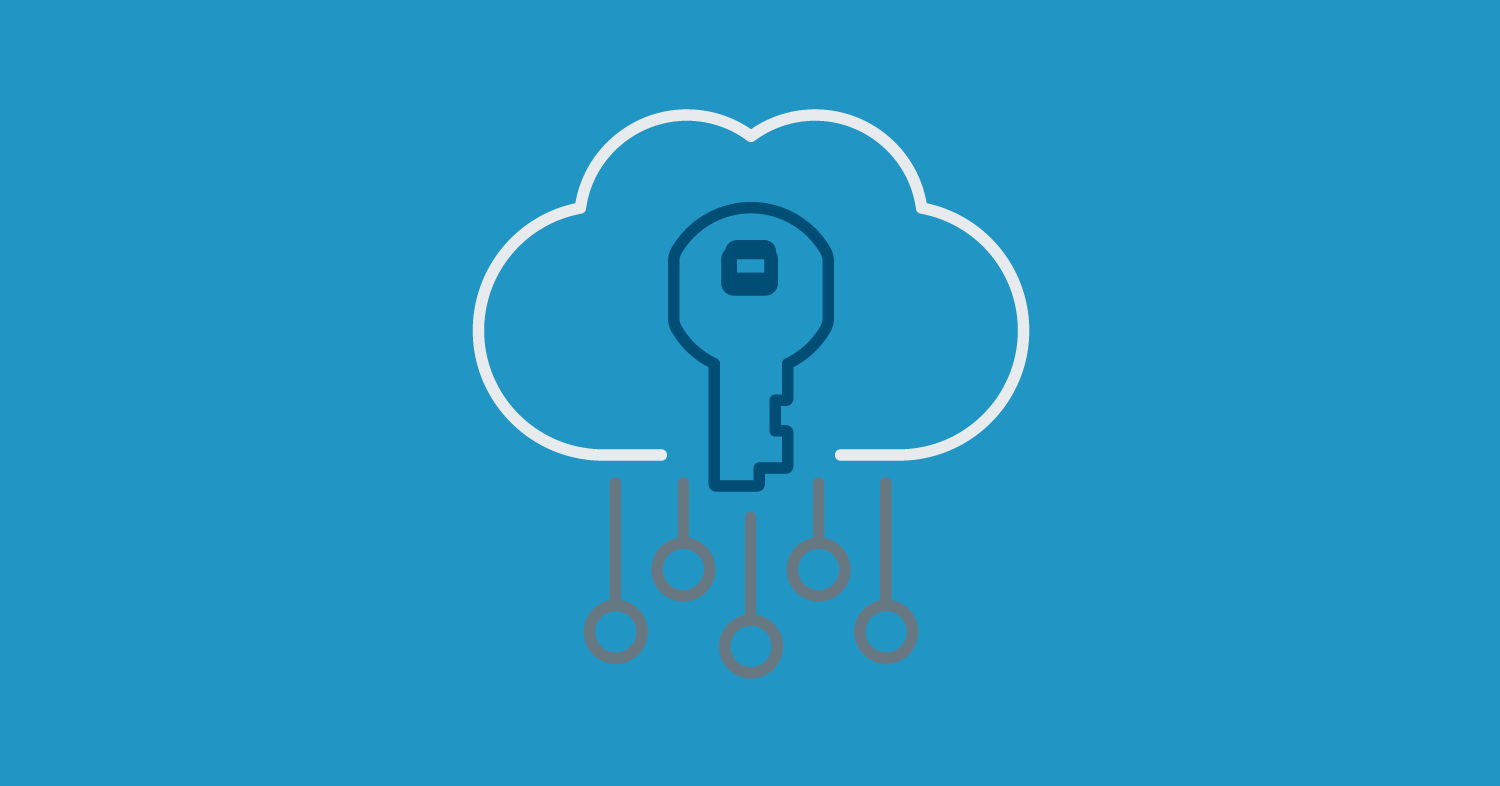As you know, it takes a lot to run a personal injury law firm. From settlement negotiations to client intake to trial and everything in between, many moving parts come together to keep the ship afloat. Cybersecurity may be the last thing on your mind, but a cyberattack can have devastating impacts on your firm.
In this post, the CloudLex team helps you understand what your small firm needs to know about cybersecurity and the steps you can take to safeguard your firm against attacks.
Take an inventory of your firm’s technology
As the American Bar Association (ABA) explains, you cannot correctly address potential cybersecurity risks unless you identify and categorize your firm’s technology. Keep a record of your firm’s physical electronics, such as laptops and hard drives, and where your firm’s case files and essential documents are stored.
Create an accessible master log that includes all your firm’s tech-related information, preferably in a physical binder in a secure location. This log should be as comprehensive as possible and routinely updated to include new information as your firm changes its processes and products. For example, the record may contain the following:
- Modems.
- Routers.
- Laptops.
- Desktops.
- Directions to retrieve client and firm documents.
- Accounts and passwords.
The ABA also recommends describing what the firm stores on the asset and how critical it is to its operations.
Train your staff to identify spam, scam, and phishing schemes
Law firms are frequent targets of scams, spam, and phishing schemes because of the perceived high-value assets that circulate through them. Further, so many parties are involved in cases with attorneys that the scam artists hope to get by unnoticed. Bad actors can also capitalize on outdated software and systems to identify and address scams.
Train your staff to identify spam and phishing schemes and the plan to address scams when they occur. For example, make sure you and your team know how to determine if an email is legitimate and how to mark emails as spam. Also, educate everyone in your office about the risks involved in clicking on links in emails or downloading material from unfamiliar websites.
Create a plan for when security breaches occur
In a perfect world, neither you nor your personal injury law firm will be victims of a security breach. As you know, we live in a high-risk environment where security breaches occur with unfortunate frequency. On top of taking steps to limit the potential of your firm falling prey to a security breach, take time to develop a solid action plan for when a breach occurs.
Your plan should include contacting your in-house or trusted outsourced IT team. The best practice is to discourage non-management members of your team from engaging in self-help practices, as these can quickly worsen the situation. Write down the plan and keep it in a convenient location so members of your firm can find it if a breach occurs.
Create secure, cloud-stored backups of your firm’s data
The best practice for maintaining an efficient and cyber-secure office is to store your firm’s data on the cloud. The cloud server should be password protected at the file or user level to avoid just anyone being able to access it. If need be, an administrator can only allow certain users to access portions of the server based on what functions they perform daily at the firm.
To maximize the benefits of leveraging a cloud-based storage system, ensure your documents are routinely saved in the cloud. Some systems, like CloudLex, continuously back up your documents as you make changes to them. Others require you to set up a backup schedule, which you can set to occur at certain times throughout the day.
Case management software programs like CloudLex provide Microsoft-hosted, HIPAA-compliant cloud storage for all subscribers. Their software meets rigorous ethical and compliance standards and has 24/7/365 active security monitoring and encryption. CloudLex allows you to provide role-based access to the firm’s documents to limit the potential for security breaches.
Enable multifactor authentication
Another way to help prevent hackers from gaining unauthorized access to your system is to enable multifactor authentication. As you may know, multifactor authentication requires users to perform multiple actions to log in to their accounts. For example, they may have to input their password and provide a six-digit code they receive via text when they attempt to log on.
Two-factor authentication dramatically limits the potential that bad actors will successfully hack into your system. Even if they guess your password, they are severely limited in their ability to go any further without also having unauthorized access to your phone. Require your team to utilize multifactor authentication when logging on to critical areas of your system.
CloudLex: Securely store and manage your firm’s sensitive case files
CloudLex understands the critical nature of securing your client’s data. You have ethical and professional obligations to safeguard client information and prevent unauthorized access.
CloudLex meets the highest security standards to help law firms manage sensitive data. Contact us to find out how we can help you.

